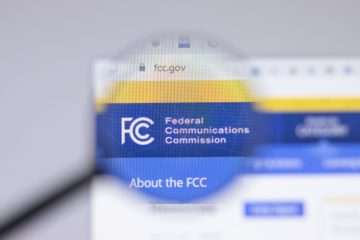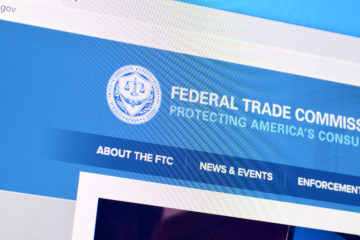Market Institute President Charles Sauer has a new piece in RealClear Policy on patent rights. The White House recently issued a patent waiver for Covid-19 vaccines.
Here’s an excerpt of Sauer’s article:
“President Biden recently made what the Wall Street Journal referred to as the worst single Presidential decision since Nixon’s wage and price Controls. Biden, in a move that he is selling as compassion for poor countries that do not have access to vaccines, agreed to support a waiver of Intellectual Property Rights of U.S. companies.
The decision to issue such a waiver is a dangerous one. It takes away the I.P. rights of U.S. (and other) companies and will diminish future incentives for groundbreaking medical research, as well as research in other industries.
The administration made this move despite the fact that intellectual property is the only right explicitly laid out in the Constitution. Despite the fact that our pharmaceutical companies have said that they would do whatever they could to supply these countries with vaccines. Despite the fact that the countries in question don’t have the capabilities or the manpower to manufacture the vaccines. And, despite the fact that such a waiver will do little to help nations get access to the vaccine in time. Simply giving out the “recipe” for vaccine does little to overcome the logistical hurdles for nations to ramp up their own vaccines. Many experts admitted that waiving the patent rights by itself will have little short-term impact and said the impact would be “marginal” at best.
So, for a largely symbolic gesture that offers few practical benefits, President Biden struck a blow to the heart and soul of our innovation economy.
This decision is so bad that many of the countries that I have referred to as socialist over years and years writing about healthcare public policy refused to sign off on the waiver. While the U.S. has abandoned support for I.P. in this case, many of our European allies are defending I.P. rights.
For the last several decades, intellectual property has been under attack from various quarters, from activist groups to big tech companies. Companies like Google, consider intellectual property a cost of doing business that they would prefer not to pay. As a result of their lobbying, legislation has been passed making patents less valuable and making it harder for patent holders to defend their inventions.
Some members of Congress, over the last few years, have begun to see that the pendulum swing too far against I.P. and patent rights.
So, in recent years, members of Congress on both sides of the aisle have introduced legislation to strengthen the patent system. A nice change from previous legislative attempts to undermine patent protections, bills like the STRONGER Patents Act would reverse some of the damage done in previous so-called “patent reform” bills.
The silver lining to Biden’s decision to waive the patent protections on the vaccines is that it has energized voices from both sides of the political spectrum to criticize the decision and defend and proclaim the importance of I.P. Some Democrats joined Republicans in opposing the waiver, the Wall Street Journal editorial page skewered the decision, and the Washington Post editorial page — not exactly a voice of conservatism — said the move was not the way to help poor countries get the vaccine. They added that, “[i]t is also true that stripping away their intellectual property now could discourage future innovation.” And, the Information Technology and Innovation Foundation, a center-left technology organization has a long report out why the decision is bad and the 10 actions that would be not only better, but more effective.”
Read the rest of the article at RealClear Policy by clicking here.


